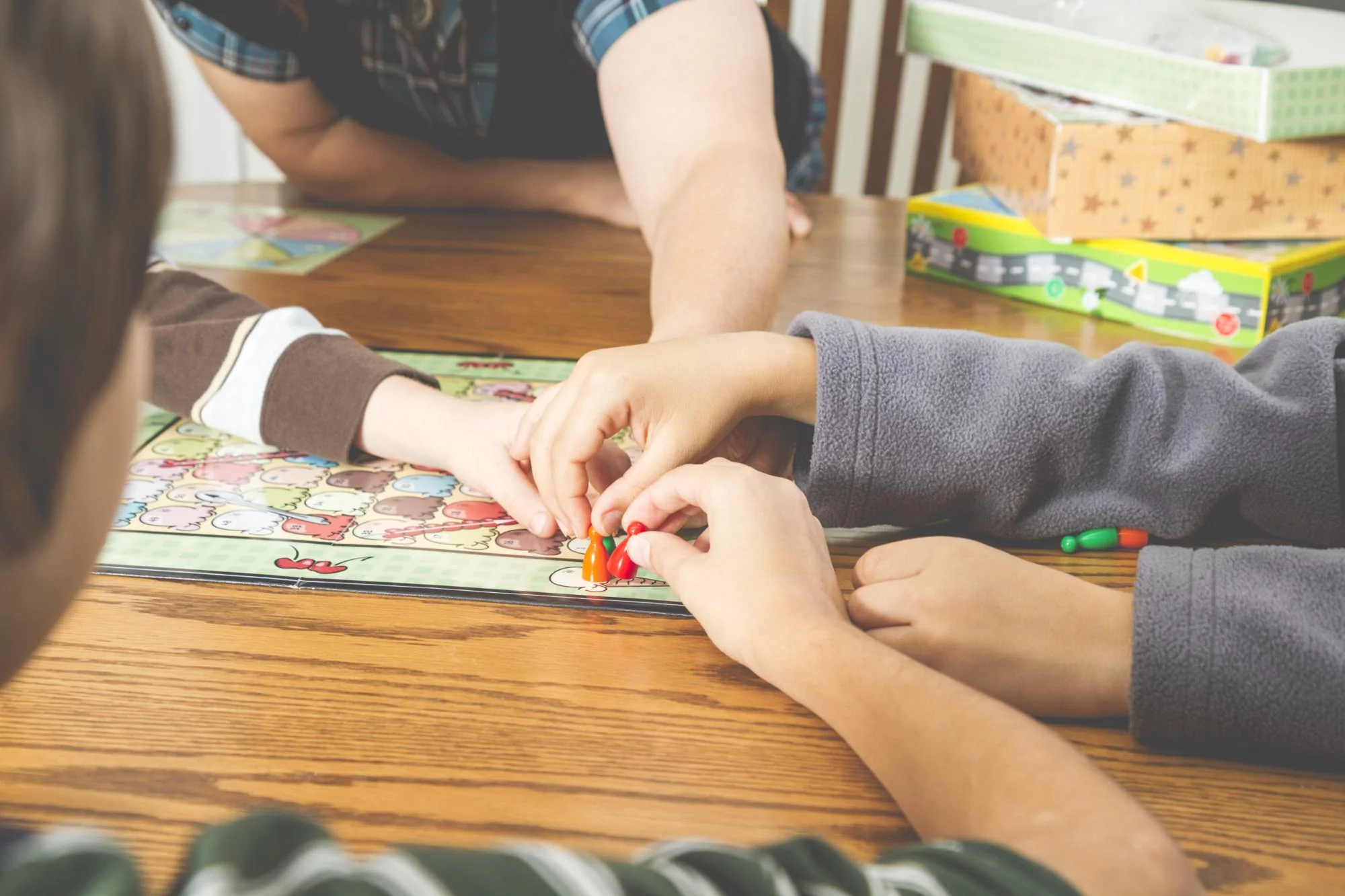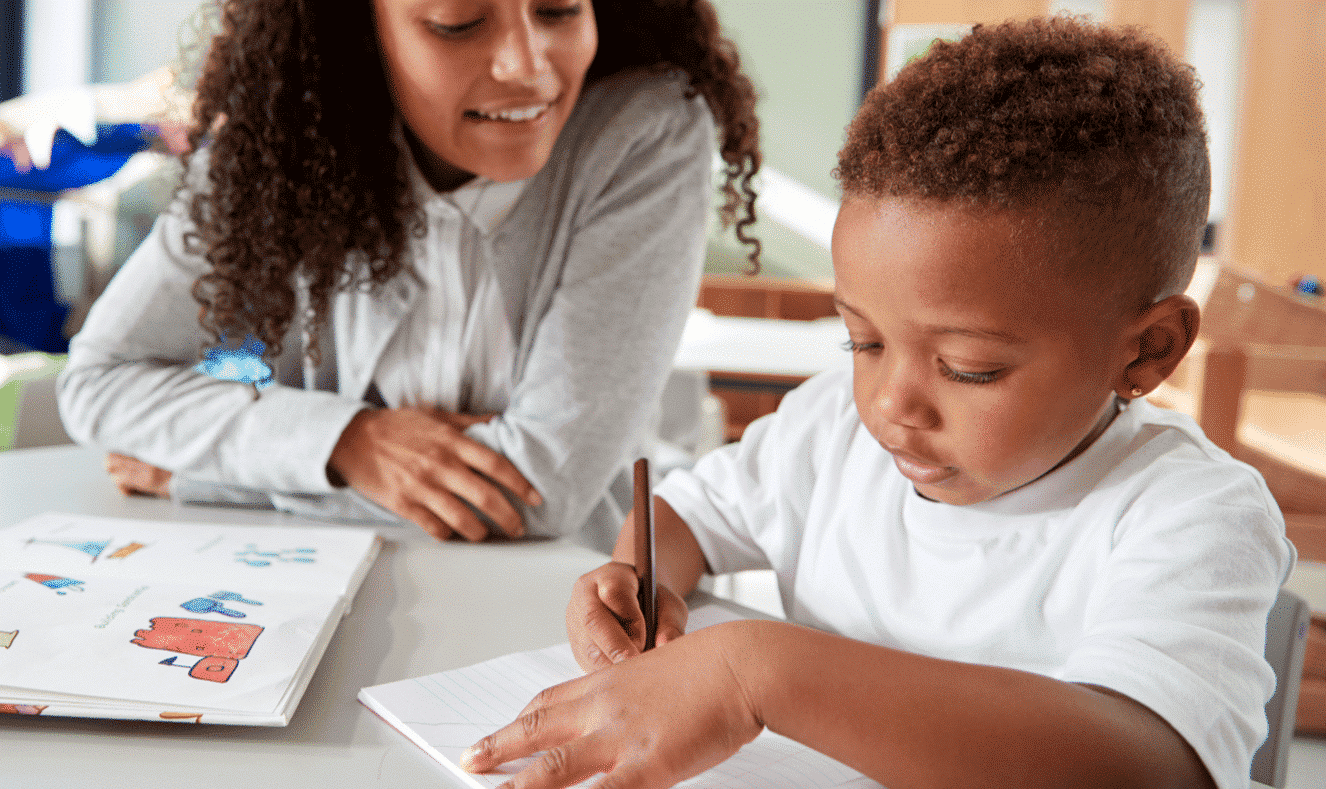The importance of cultural education
As the world becomes increasingly interconnected, it’s more important than ever to foster a deeper understanding and appreciation of diverse cultures. Cultural education plays a crucial role in breaking down barriers, promoting empathy, and preparing individuals to navigate the global landscape. By learning about the customs, traditions, and perspectives of other societies, we can develop a richer worldview and cultivate a more inclusive and harmonious world.
READ ALSO :
Benefits of using board games for learning
Board games offer a unique and engaging way to learn about different cultures. Unlike traditional textbook-based approaches, board games immerse players in interactive experiences that spark curiosity, encourage critical thinking, and foster meaningful connections. Through the act of playing, individuals can explore unfamiliar cultural elements, engage in role-playing, and develop a deeper understanding of diverse perspectives. Moreover, board games often incorporate elements of fun and competition, making the learning process more enjoyable and memorable.
Overview of educational board games
The world of educational board games is vast and ever-expanding, with a wide range of titles that cater to diverse learning objectives and age groups. These games cover a broad spectrum of cultural themes, from ancient civilizations and traditional folklore to modern-day global issues and cross-cultural collaborations. By leveraging the power of gameplay, these educational board games offer a dynamic and immersive way to explore the richness of human diversity.
How educational board games promote cultural understanding
Educational board games are designed to foster cultural understanding by encouraging players to step into the shoes of individuals from different backgrounds. Through the game mechanics and narrative elements, players are often required to navigate complex cultural landscapes, make decisions based on cultural norms, and engage in cross-cultural interactions. This process helps to break down stereotypes, challenge preconceptions, and cultivate a deeper appreciation for the nuances and complexities of diverse cultures.
Examples of educational board games for learning about different cultures
- Ticket to Ride: Around the World: This classic game series takes players on a journey across the globe, allowing them to explore the transportation networks and geographical features of different regions.
- Catan: Set in a fictional world, this game introduces players to the concept of resource management and trade, highlighting the importance of cultural exchange and cooperation.
- Settlers of Catan: This game explores the challenges and strategies of building settlements in a new land, encouraging players to consider the cultural and environmental factors that shape the development of communities.
- Sushi Go Party!: This charming game immerses players in the vibrant culinary culture of Japan, inviting them to appreciate the artistry and traditions behind sushi-making.
- Tokaido: Inspired by the historic Tokaido road in Japan, this game invites players to embark on a scenic journey, experiencing the diverse landscapes, cultural landmarks, and local customs along the way.
- Azul: Inspired by the traditional Portuguese tile-laying art form, this game allows players to create beautiful patterns and explore the rich cultural heritage of tile design.
- Islebound: Set in a fantastical archipelago, this game explores the themes of exploration, trade, and cultural exchange, encouraging players to navigate the complexities of cross-cultural interactions.
Tips for incorporating educational board games into the classroom
Integrating educational board games into the classroom can be a powerful way to enhance cultural education. Here are some tips to consider:
- Align with curriculum: Carefully select board games that align with your educational objectives and complement the existing curriculum.
- Facilitate group discussions: Encourage students to engage in thoughtful discussions about the cultural themes and perspectives presented in the games.
- Encourage research and exploration: Invite students to delve deeper into the cultural elements of the games, conducting additional research and sharing their findings.
- Promote collaborative learning: Foster an environment where students can work together, share insights, and learn from one another’s experiences.
- Incorporate reflective activities: Provide opportunities for students to reflect on their learnings and how the games have influenced their understanding of different cultures.
Online resources for finding educational board games
Discovering the right educational board games can be a rewarding challenge. Here are some online resources to help you explore the vast landscape of cultural learning through gameplay:
- BoardGameGeek: A comprehensive database of board games, including detailed descriptions, reviews, and recommendations.
- The Board Game Family: A website dedicated to reviewing and curating educational board games for families and classrooms.
- Meeple Mountain: A platform that offers in-depth analyses and recommendations for a wide range of board games, including those with cultural themes.
- The Game Aisle: A blog that explores the intersection of board games and education, providing insights and suggestions for incorporating them into the classroom.
DIY board game ideas for learning about different cultures
For those who are feeling creative, designing your own educational board games can be a fantastic way to tailor the learning experience to your specific needs. Here are some ideas to get you started:
- Cultural Trivia: Create a game that challenges players to answer questions about the customs, traditions, and histories of different cultures.
- Storytelling Adventure: Develop a narrative-driven game that allows players to explore and immerse themselves in the folktales and legends of various societies.
- Global Marketplace: Design a game that simulates the dynamics of international trade and commerce, encouraging players to navigate the complexities of cross-cultural negotiations.
- Cultural Scavenger Hunt: Develop a game that sends players on a journey to discover and learn about the cultural landmarks, artifacts, and symbols of different regions.
RELATED ARTICLE :
The future of educational board games
As the world continues to evolve, the role of educational board games in cultural learning is poised to grow even more significant. With the increasing demand for global competence and intercultural communication skills, these games will likely become an integral part of educational curricula, bridging the gap between traditional learning and the realities of the 21st century.
Moreover, the advancement of technology and the rise of digital platforms will likely expand the reach and capabilities of educational board games, allowing for more immersive and personalized learning experiences. As the industry continues to innovate, we can expect to see a proliferation of board games that harness the power of storytelling, virtual reality, and artificial intelligence to deliver even more engaging and transformative cultural education.
Discover the world through the captivating lens of educational board games. Explore our curated selection of cultural learning experiences and unlock a deeper understanding of diverse societies. Join us on this journey of global exploration and cultural appreciation. Start playing and learning today!






